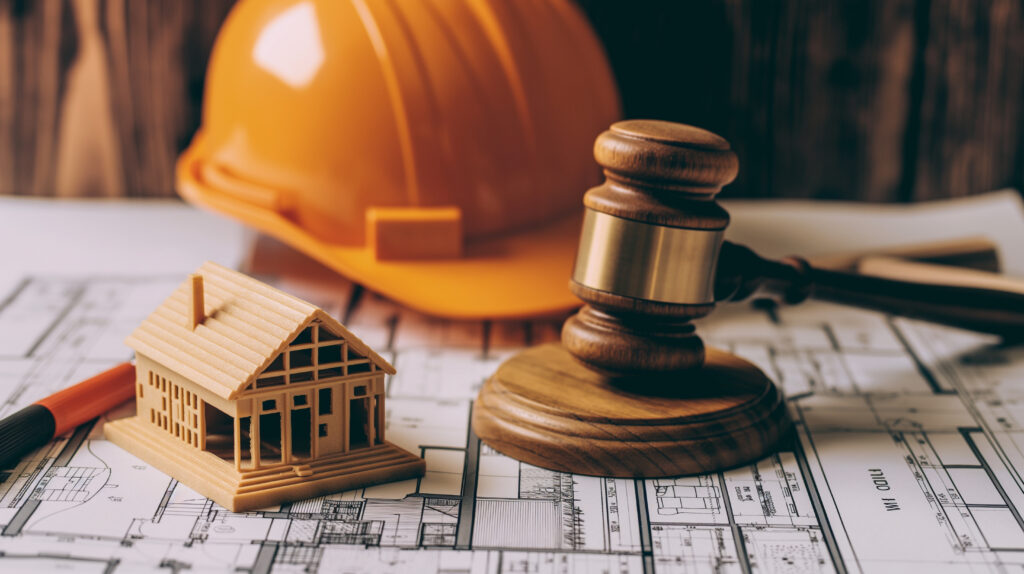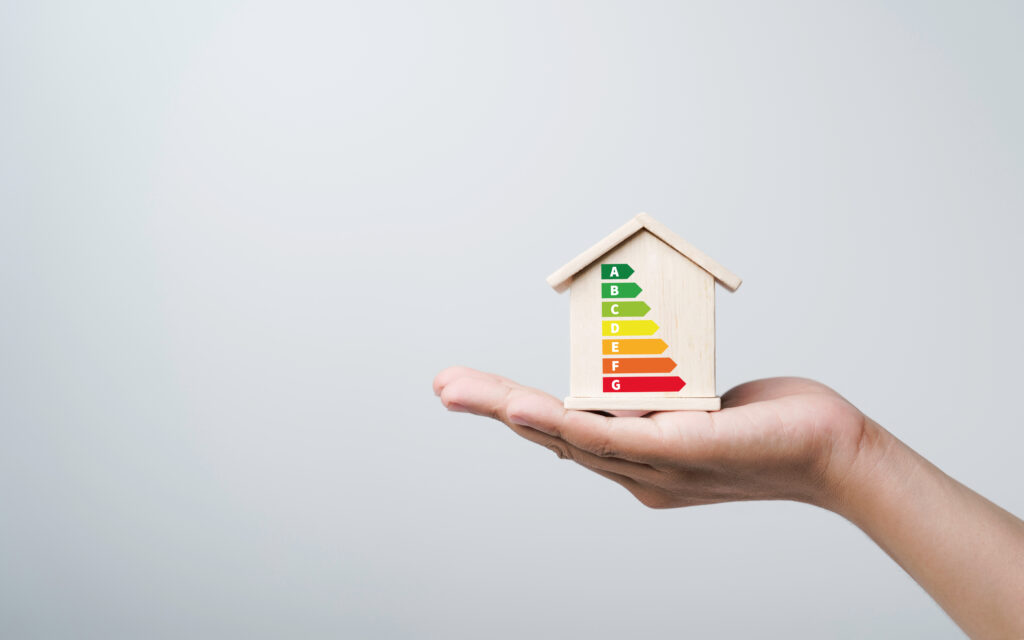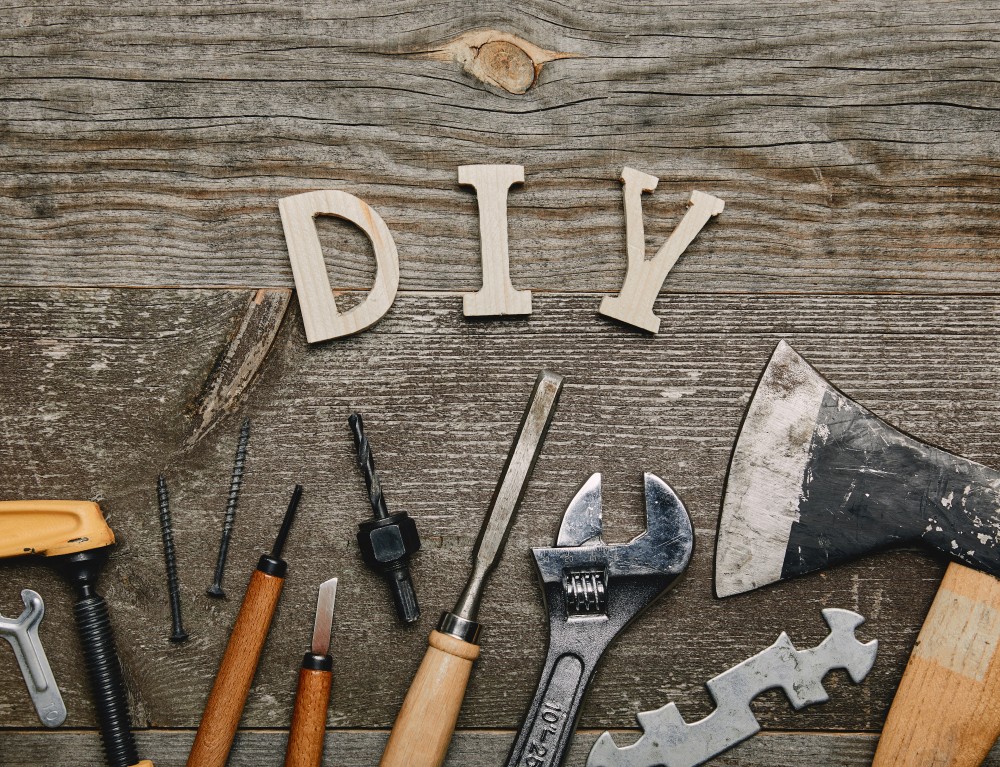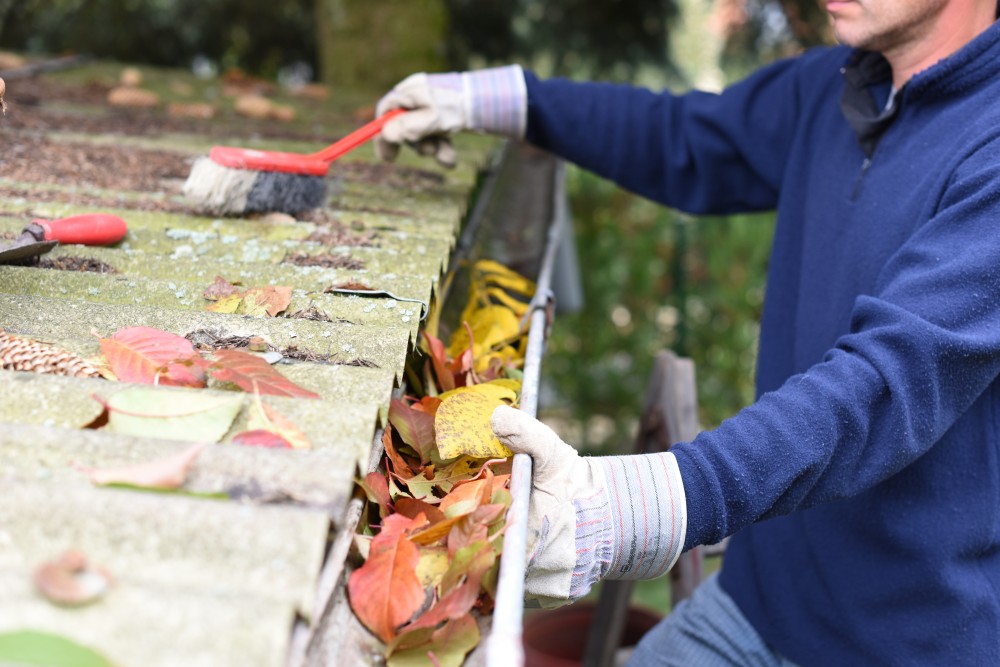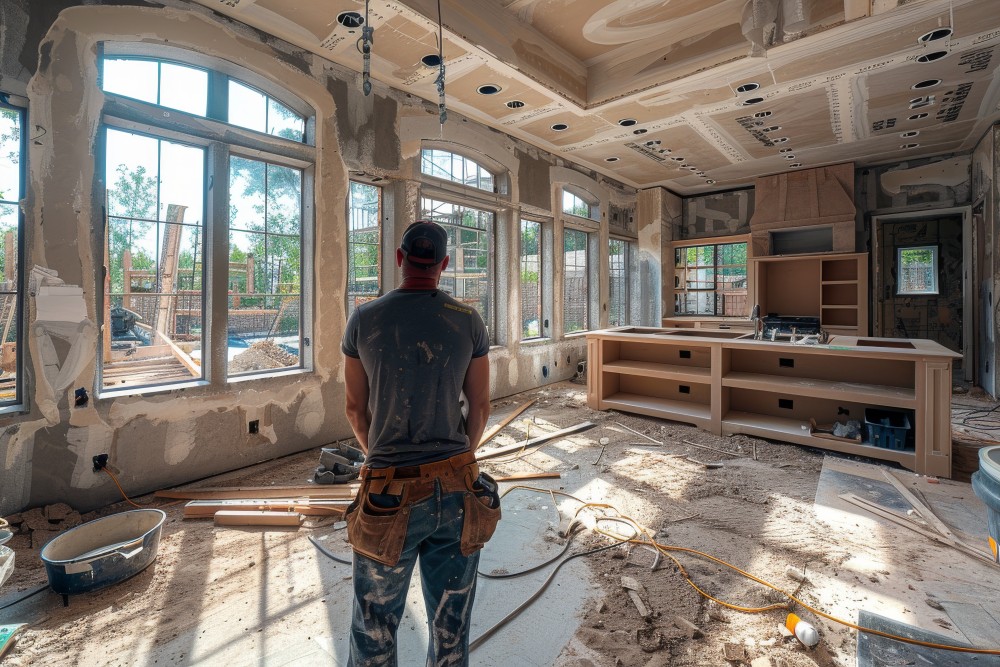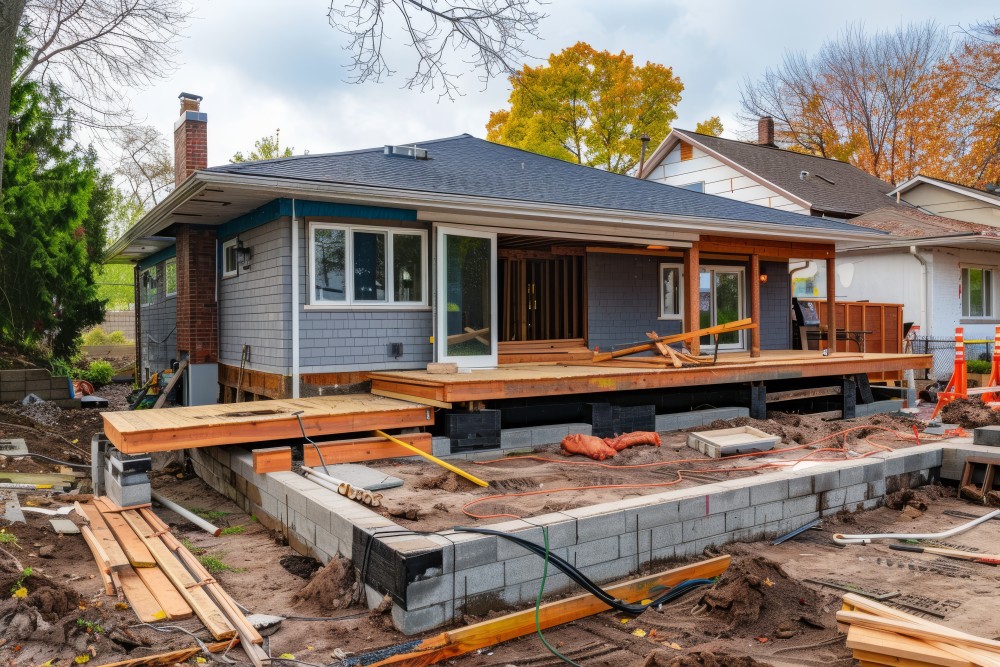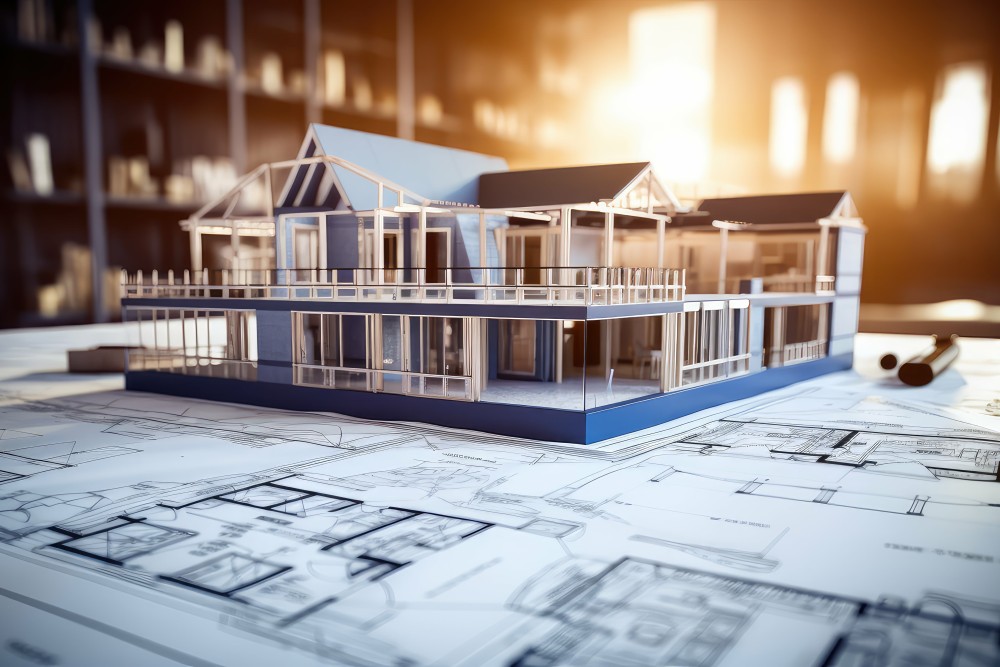Importance of Home Inspections
1. Identifying Potential Issues
- Structural Integrity: Inspections can reveal structural issues such as foundation cracks, roof damage, and framing problems that need to be addressed before starting any improvement work.
- System Failures: Identifying problems with electrical, plumbing, and HVAC systems can prevent future malfunctions and safety hazards.
- Pest Infestations: Inspectors can detect signs of pests such as termites or rodents, which can cause significant damage if left untreated.
2. Ensuring Compliance with Building Codes
- Code Violations: Inspections help ensure that your home improvement project complies with local building codes and regulations, avoiding potential legal issues and fines.
- Safety Standards: Ensuring that all work meets safety standards protects the occupants and enhances the longevity of the improvements.
3. Protecting Your Investment
- Preventing Costly Repairs: Early identification of issues can prevent expensive repairs in the future, saving you time and money.
- Enhancing Property Value: A well-maintained and inspected home is more attractive to potential buyers, increasing its market value.
Join HICP Homeowner’s Alliance
Connect with experts, get special discounts and enjoy member benefits
Types of Home Inspections
1. Pre-Renovation Inspections
- Baseline Assessment: Provides a thorough evaluation of the current condition of your home, identifying any issues that need to be addressed before renovations begin.
- Planning Tool: Helps in planning the renovation project by highlighting areas that need improvement or repair.
2. During-Renovation Inspections
- Progress Check: Ensures that the renovation work is being carried out according to plan and meets all necessary codes and standards.
- Quality Assurance: Verifies that the materials and workmanship are of high quality and that any issues are addressed promptly.
3. Post-Renovation Inspections
- Final Assessment: Confirms that the renovation project is completed correctly and safely, and that it complies with all building codes and standards.
- Approval for Use: Provides documentation and approval, which may be required for insurance purposes or when selling the home.
Key Areas Covered in Home Inspections
1. Structural Components
- Foundation: Checking for cracks, settling, or other signs of structural issues.
- Roofing: Inspecting the roof for leaks, damage, and overall condition.
- Framing: Ensuring the framing is sound and free of defects.
2. Electrical Systems
- Wiring: Checking for outdated or faulty wiring, and ensuring proper installation.
- Circuit Breakers: Inspecting the electrical panel and breakers for safety and functionality.
- Outlets and Switches: Ensuring all outlets and switches are working correctly and safely.
3. Plumbing Systems
- Pipes and Fixtures: Checking for leaks, corrosion, and proper installation.
- Water Pressure: Ensuring adequate water pressure throughout the home.
- Water Heaters: Inspecting for proper installation and functionality.
4. HVAC Systems
- Heating and Cooling Units: Checking for proper operation and maintenance.
- Ductwork: Inspecting for leaks, blockages, and overall condition.
- Thermostats: Ensuring thermostats are functioning correctly and accurately.
5. Interior and Exterior Components
- Windows and Doors: Checking for proper installation, operation, and sealing.
- Insulation and Ventilation: Ensuring adequate insulation and ventilation to maintain energy efficiency.
- Exterior Siding and Trim: Inspecting for damage, decay, or other issues.
Hiring a Qualified Home Inspector
1. Credentials and Experience
- Licensing and Certification: Ensure the inspector is licensed and certified by a reputable organization, such as the American Society of Home Inspectors (ASHI) or the International Association of Certified Home Inspectors (InterNACHI).
- Experience: Look for an inspector with extensive experience in the field and familiarity with the type of renovation project you are undertaking.
2. References and Reviews
- Client Testimonials: Check references and read online reviews to gauge the inspector’s reputation and reliability.
- Sample Reports: Request sample inspection reports to understand the thoroughness and detail of their work.
3. Inspection Process
- Scope of Inspection: Ensure the inspector provides a comprehensive evaluation covering all critical areas of your home.
- Reporting: Confirm that the inspector provides a detailed, written report with findings and recommendations.
Home inspections are a vital component of any home improvement project, ensuring safety, compliance, and the protection of your investment. By identifying potential issues early, confirming adherence to building codes, and verifying the quality of work, inspections provide peace of mind and confidence in your renovation efforts. Always hire a qualified and experienced inspector to conduct thorough evaluations before, during, and after your home improvement project. This proactive approach will help you achieve a successful and stress-free renovation, enhancing the value and functionality of your home.



